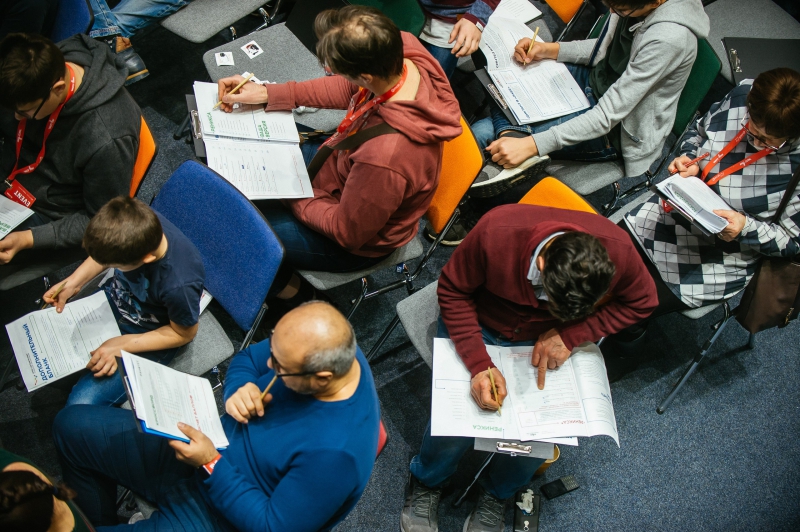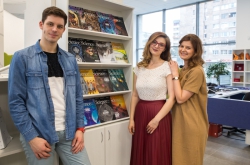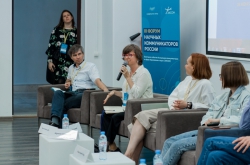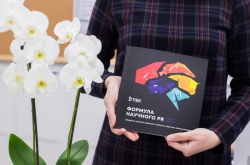Medical Lab is an event launched by the science popularization project Laba (from Russian “лаба,” student slang for a lab class – Ed.) after the success of its Open Lab project (held in 30 countries around the world on February 9, 2019, the Russian Science Day). Its aim is to give regular people an opportunity to test their basic knowledge of medicine and health, as well as to learn new things (tests are followed by scientific lectures and workshops).
Numerous Russian cities, including Moscow, St. Petersburg, Novosibirsk, Murmansk, Tomsk, and many others participate in Medical Lab (see the full list here). The event’s organizing team expects up to 100,000 participants from around the country.
“When we’re healthy, we are sure that it’ll be that way forever and so we don’t keep an eye on our health. Sometimes, after going on a Wikipedia binge, we discover the symptoms of some illness we’ve just learned about and start looking for a remedy for something we don’t suffer from. Neither of these things, of course, helps us stay healthy. Medical Lab is all about the myths and misconceptions we love to repeat without thinking whether they are true or not,” says Vladimir Gubailovsky, science editor at Laba.
Medical Lab at ITMO University
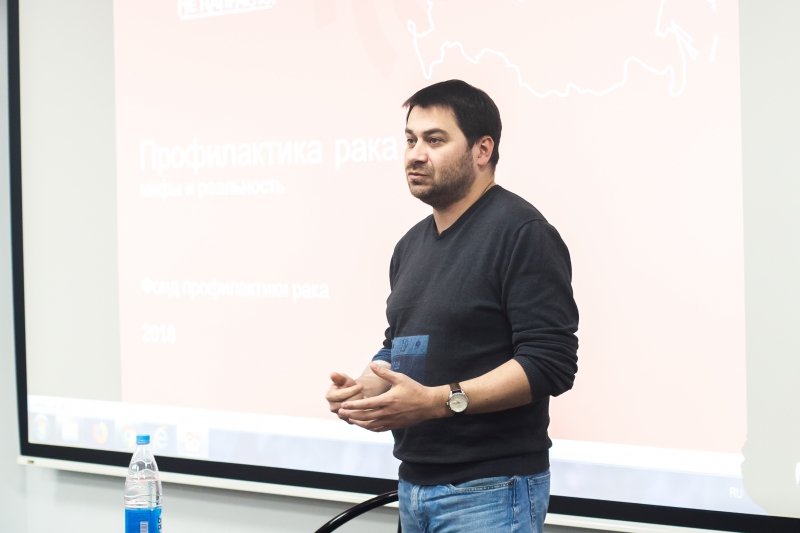
Events will be held not only at medical centers and research institutes, but also at other, more common venues for pop-sci events: libraries, parks, museums, and lecture halls. Each venue will have its own curator – a well-known medical expert or science communicator. In St. Petersburg, the Medical Lab will be held at ITMO University. Its curator will be Ilya Fomintsev, an oncologist and the head of the Ne Naprasno cancer prevention foundation; he will be assisted by Elizaveta Dubovik, a graduate of ITMO University’s first class of the Master’s program in science communication and chief editor of Scandinavia Clinic’s media portal.
What to expect
Medical Lab includes four themed sections that include questions of low-to-high difficulty on various subjects, including ones that even some scientists cannot come to a consensus on. The first section deals with food-related myths; the second focuses on illness and treatment. Participants can expect to be asked when the use of antibiotics is encouraged and when it is not only pointless but even harmful. The organizers promise to discuss whether HIV patients can be contagious and what to do if you’ve got HPV (human papillomavirus).
The third section revolves around organ replacement: participants will learn just how far science has advanced in the quest to create new organs. The final section is dedicated to the life of Waldemar Haffkine, a Russian bacteriologist and epidemiologist. Until the late 19th century, when Havkin developed and began to use his vaccines, the only way to fight epidemics was to quarantine the ill and leave them for dead. Haffinke’s vaccines saved millions of lives: first in India, where he first carried out mass inoculation, and then around the world.
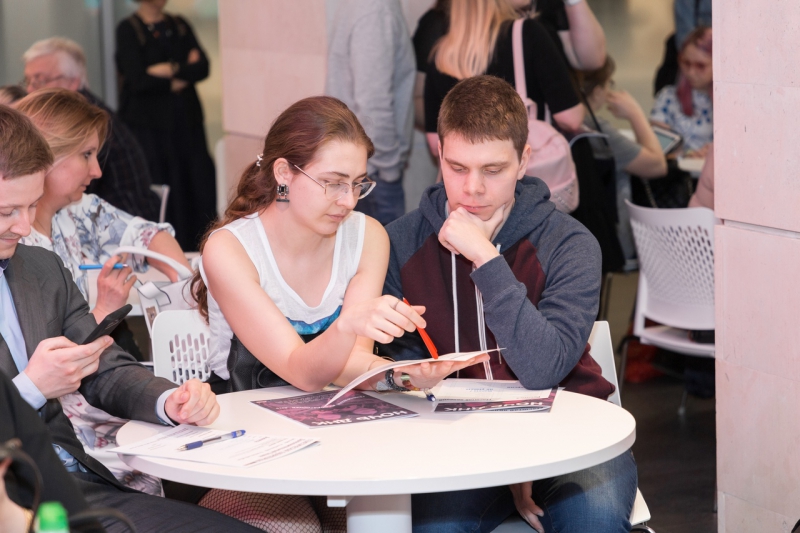
Participants will have 20 to 30 minutes to answer the questions in their tests, after which the curator and their assistant will go through the tasks, reveal the answers, and answer any follow-up questions. All attendees will get stickers while those who do well on their test will be presented with prizes from Medical Lab and Scandinavia Clinic. There are even training tests (in Russian) available for those who want to prepare.
Medical Lab will take place on Saturday, August 17, at 12 PM at ITMO University’s main building at Kronverksky Prospekt 49, room 285. Participants must sign up here.
The educational project Open Lab is held annually since 2017. The previous event, Gene Lab, was held on April 25, 2019 (the International DNA Day); on October 12 of this year, a global chemistry-focused event Mendeleev Lab will be held. The events are organized by the non-profit organization Laboratory of Educational Projects, established by businessman and philanthropist Roman Avdeev.
We’d also like to note that ITMO University’s Master’s program in Science Communication has launched a new major in biotechnology and medical communications. Students enrolled in the program this year may choose this track at the beginning of their second semester; as part of its curriculum, they will learn to work with medical and healthcare databases and explore the structure of medical organizations and the specifics of producing content in this field. Read more about this addition in our article.
